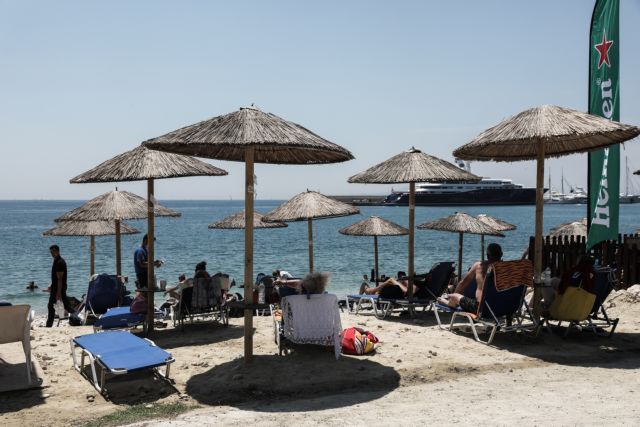The achievable goal is to increase Greek exports to levels of over 40 billion euros in 2022, according to the president of the Exporters Association (SEVE), Dr. Georgios Konstantopoulos, who points out that “huge increases in energy and transport costs can they are far behind us “- so the feasibility of the goal does not necessarily imply its achievement.
In an interview with AMNA, he also noted that in order for Greece to meet the target set for the contribution of exports to GDP in the coming years (25% in 2025, compared to 20% -21% in 2021), they will have to jump to 48-50 billion euros in three years. “For this to happen,” he says, “small and medium-sized enterprises must also enter the game of extroversion under a strategic plan” (currently only 260 companies, which is 2% of the total). of the country’s companies, realize 50% of Greek exports and 98% share the remaining 50%).
“In order to exceed 40 billion euros this year, we must first maintain the current growth rate of exports of 2021 (over 20%) and in 2022 to achieve an increase in exports at a rate of at least 10%. The goal is achievable and we know that we can achieve it, but we are very cautious about the future, given the huge increases we are facing in energy and transportation costs, which can take us back”, notes Dr. Konstantopoulos in more detail.
Regarding the performance of 2021, he estimates that Greek exports will eventually exceed 36 billion euros: “Our export performance in the first ten months of 2021 (…) created increased expectations, given that we far exceeded the performance of 2020 and 2019 ( …) There are clear indications that 2021 will end with a significant increase, which is estimated between 20% and 30%, with exports exceeding 36 billion “.
He adds that with the exception of food and pharmaceutical products, the pandemic did not favor the strengthening of Greek exports, as most sectors recorded a decrease. “Greek exporters, however, managed to recover very quickly and regain their lost momentum in a short time. “This is evidenced by the fact that all sectors have achieved better performance since 2019, when we had record exports,” he underlines.
Regarding when the process of final registration of the “Macedonia the GReat” mark will be closed for all 38 classes of Greek products and services, for which SEVE appealed to the European Union Intellectual Property Office (EUIPO) in Alicante, its president SEVE states optimistically that this will be done “immediately and smoothly”.
The increase in transport costs affects “much” or “very much” almost one in two exporters
Imported inflation has already “derailed” many costs, while the restart of the global economy has multiplied the cost of transporting a container. How have Greek exporters been affected?
“Exporters were faced with many challenges last year, including pandemic management, digital transformation, rising raw material prices, rising transport and energy costs, and ever-increasing international competition. Based on a field survey of the Institute of Export Research and Studies (IEES) of SEVE in our member companies, about one in four said that transport costs increased last year by more than 100%, compared to 2020 and 2019, while 45% said that this increase will more or less affect its export performance. Similarly, in terms of rising energy costs, 42% said it would affect its exports more or less. “This additional burden is an obstacle to achieving high rates of business and economic growth,” he said.
The pandemic seems to have brought about significant changes in logistics, making Asian markets very “distant” to Europe, with the result that many European companies are looking for suppliers and partners within Europe. Did the Greek exporters experience this?
“Indeed, transportation costs have skyrocketed and this has forced many companies to look for alternatives. Greek companies tried to absorb additional costs, as much as possible, resulting in a significant reduction in their profit margin. If we take into account the highest energy costs, then we understand that a non-viable situation, with the only solution being to pass on the additional costs to the final price of the products, making them non-competitive. The effects are expected to be even stronger in the first half of this year. At the same time, the high dependence on the productive countries of the East is confirmed once again, a fact which carries several risks for the viability of companies “, he adds.
Profit, loss and strategic choice
They say that numbers, when they show an upsurge, do not always tell the truth. Do exporters often try to hold onto a market, even if staying in it is detrimental to their immediate financial results as a business?
“No business wants to go in or make investments that are not profitable. In international business strategy, however, being present in only one country can be a strategic choice that serves other purposes, such as competing criteria. But judging by the general picture of exports, we can say that this year’s increase is not fictitious (…) “he says.
Only 260 companies, which is 2% of all companies in the country, make up 50% of Greek exports. This is a distortion in the market. Did we see it change somewhat in 2021?
“The small export base is a structural feature and at the same time a growing problem of the Greek market. The vast majority of micro, small and medium-sized enterprises either do not incorporate extroversion into their strategy or – more often – do not know how to export. And this is exactly the big gap we want to fill in SEVE with our experience, the educational mechanism of the SEVE Academy, the IES research institute and the informative events. For the past two years, the international business environment has been highly fluid and unpredictable, preventing companies from opening up to new markets and starting exports. “From the strategic point of view, however, if we really want to become an export power, we must increase the export base and put the media in the game of extroversion.”
“Macedonia and the GReat” trademark is expected to be completed “immediately and smoothly”. When is the process of final registration of the “Macedonia the GReat” mark expected to be “closed” for all the 38 classes (11 remaining classes) of Greek products and services, for which SEVE appealed to the EU Intellectual Property Office?
“We are optimistic that the process of registering the Macedonian mark for the remaining 11 classes will be completed immediately and smoothly, as the application for opposition to the registration submitted by a company from Northern Macedonia has no legal basis, according to our legal advisers. “Once completed, we will start the necessary actions, so that all companies in the three regions of Macedonia obtain the brand”, he notes, noting that the bilateral trade between Greece and Northern Macedonia decreased by 27.2% in the period 2019-2020 and amounted to a total of 759 , 7 million euros in 2020, while “in the period January-October 2021 and especially in terms of Greek exports, there was an upward trend” and in particular an increase of 52.1%, compared to 2020, which is mainly due to in petroleum and industrial products.




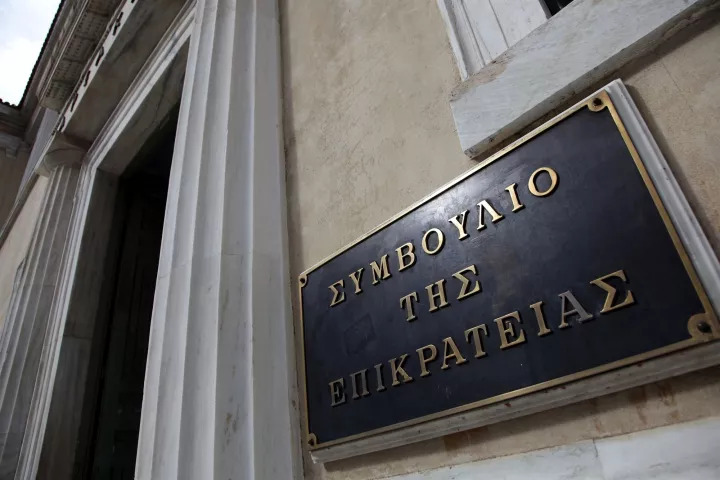







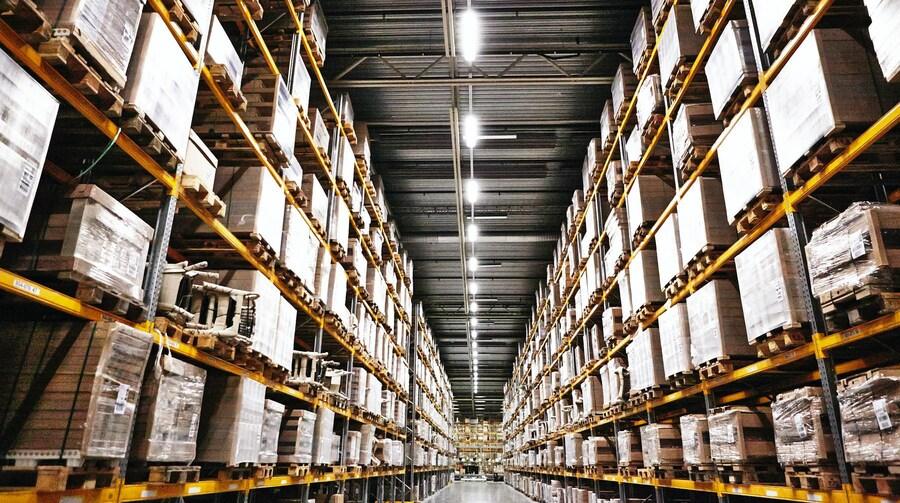




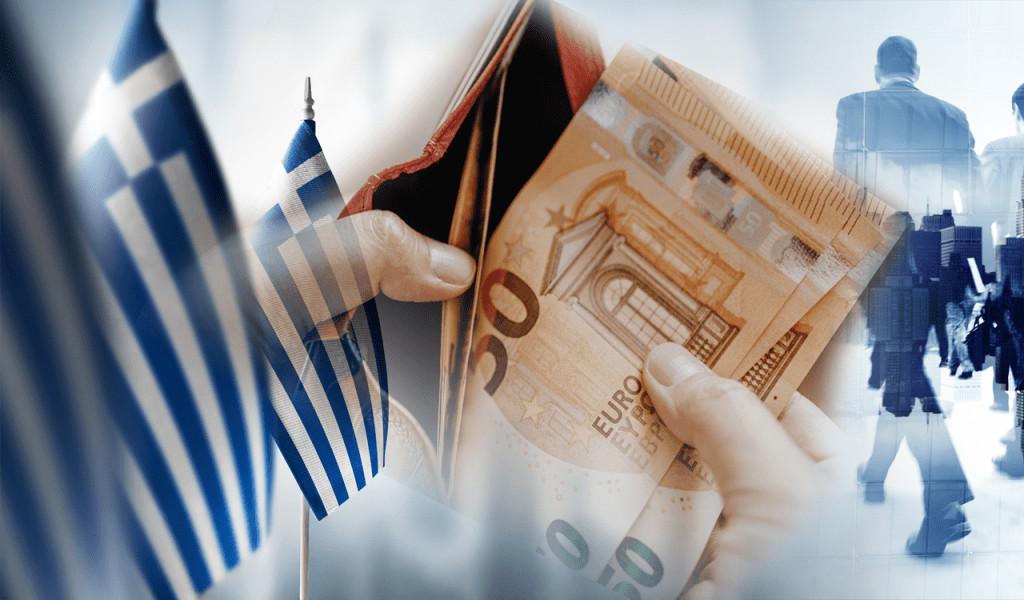


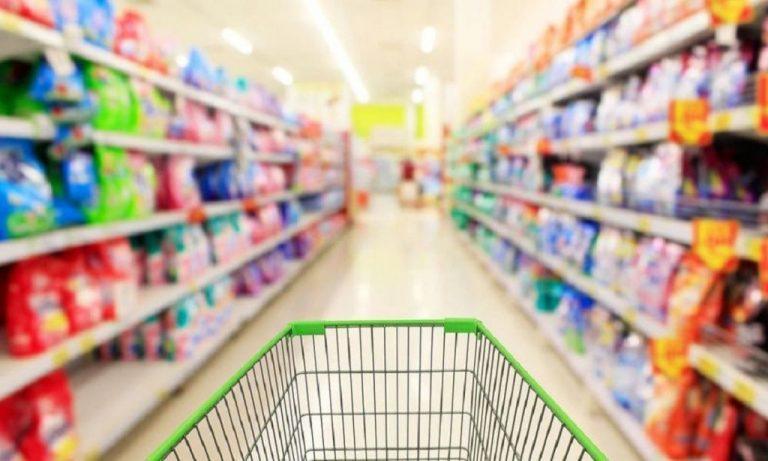
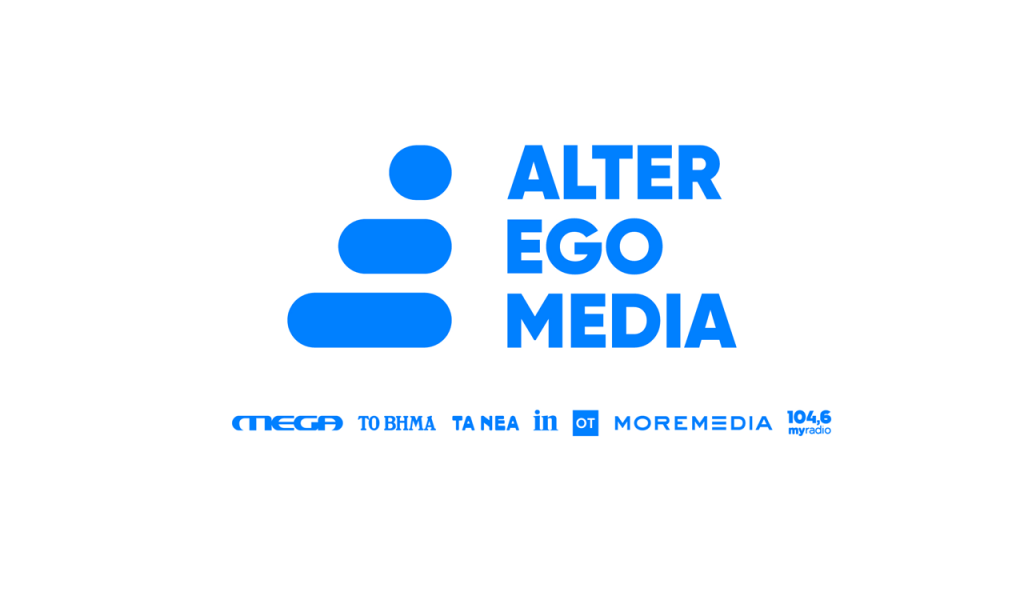







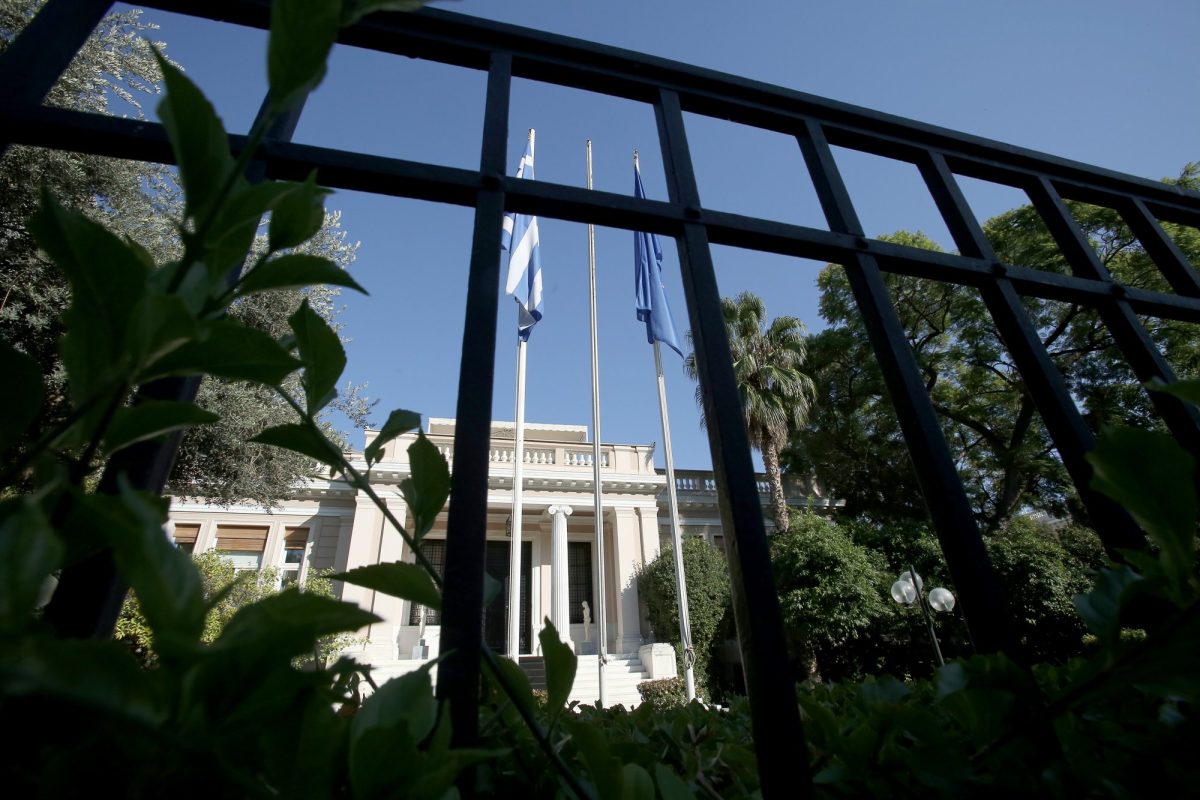

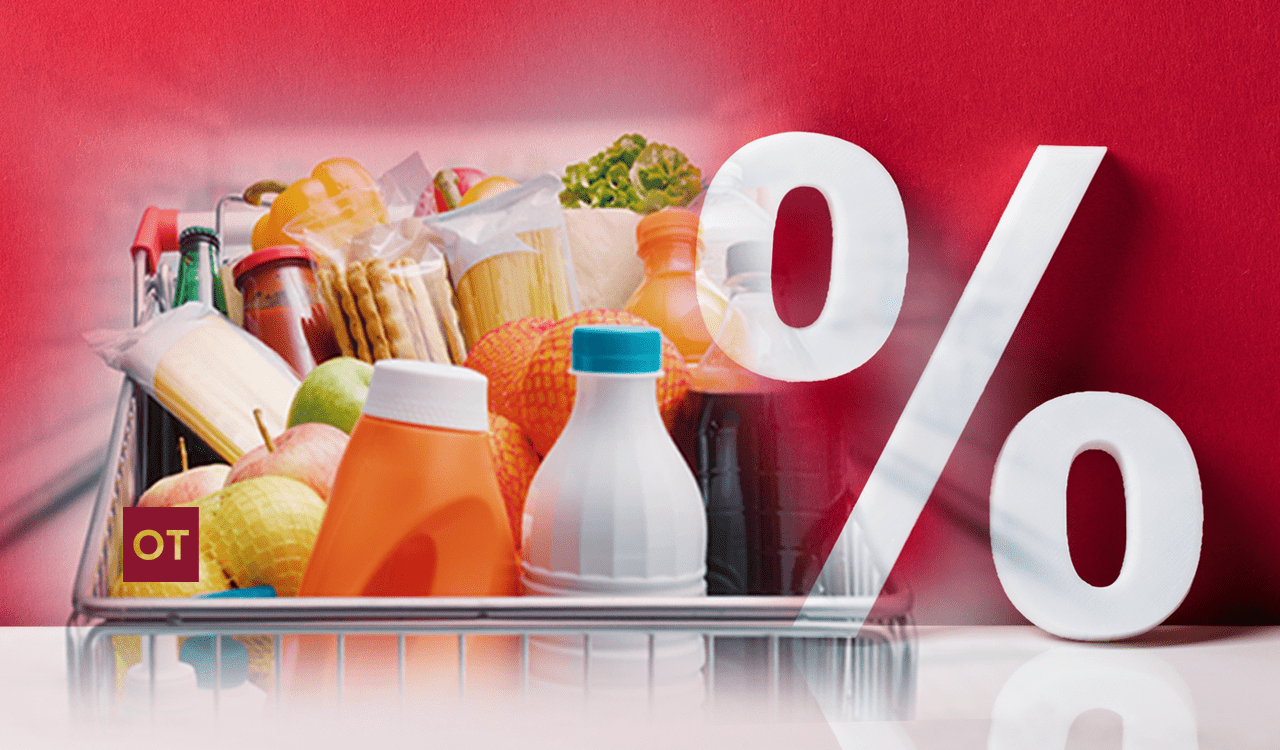
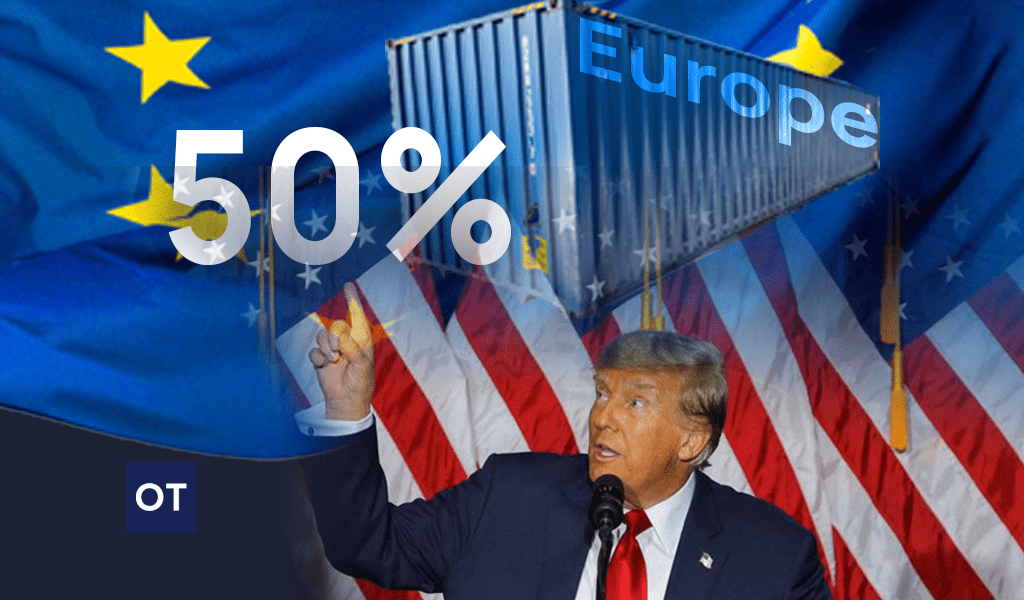

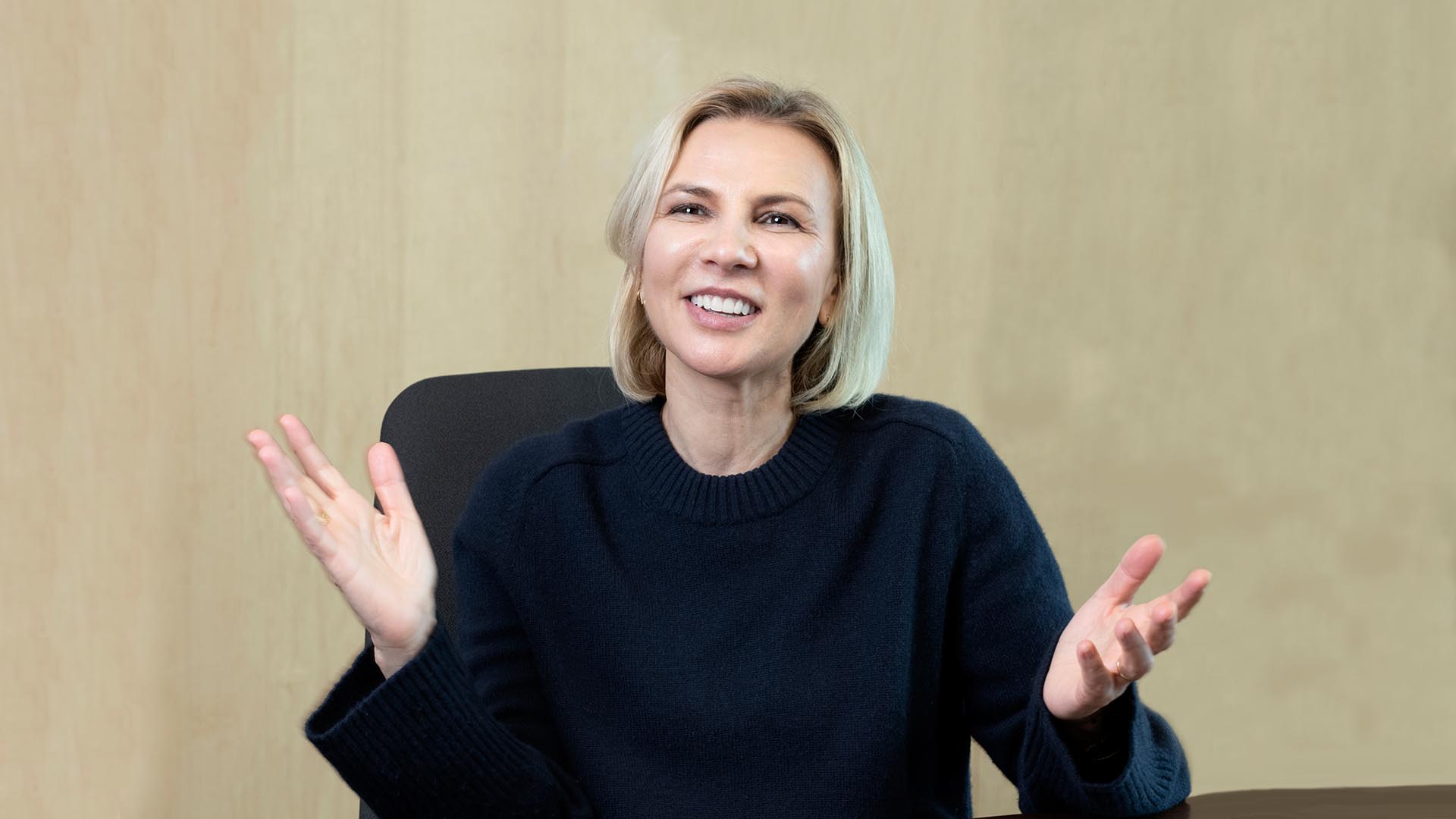

![Επενδυτικό κενό: Πόσο πρέπει να…τρέξουμε για να καλυφθεί [γραφήματα]](https://www.ot.gr/wp-content/uploads/2025/07/ot_greek_ecomomy555-1024x600-1.png)
